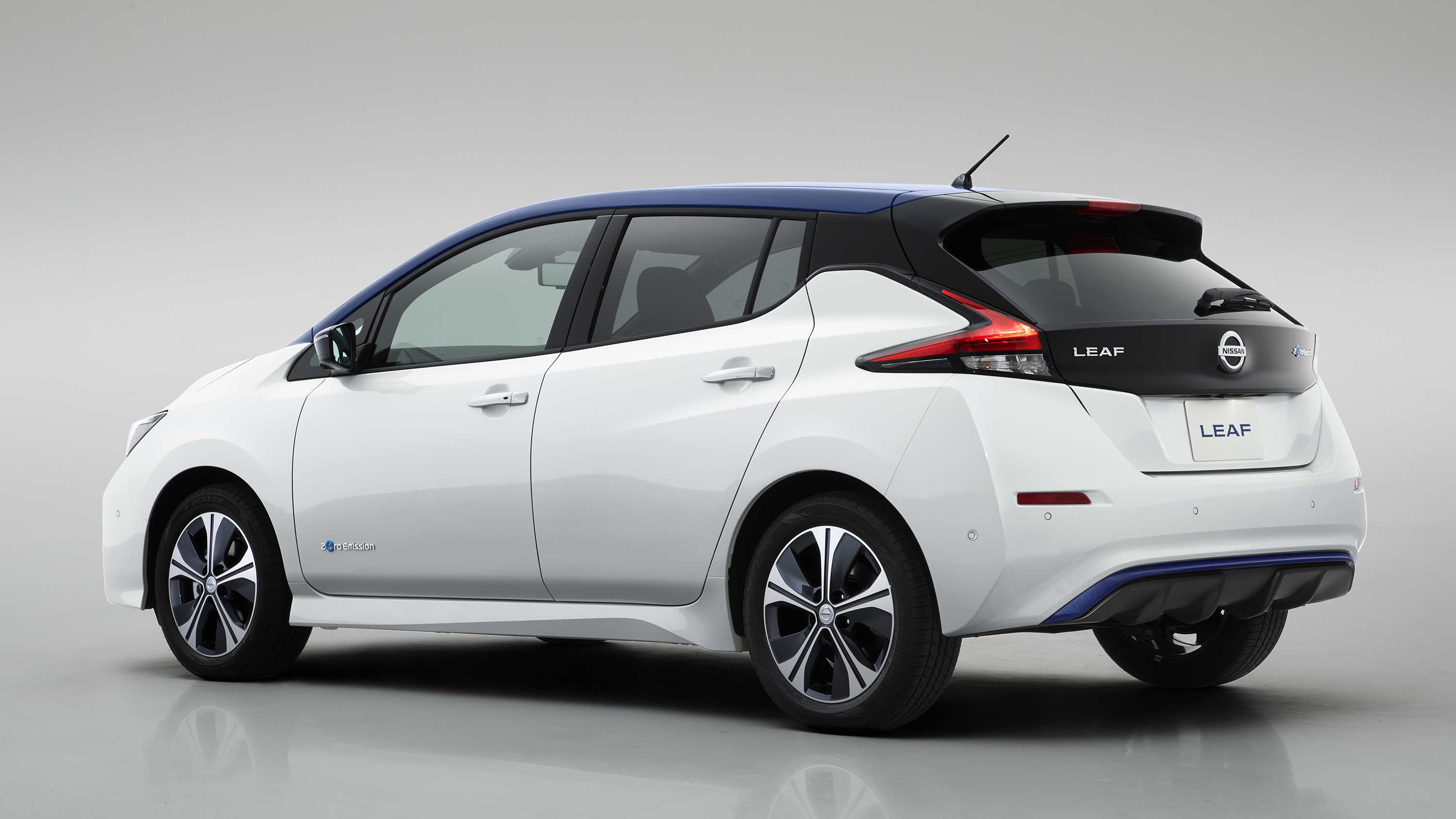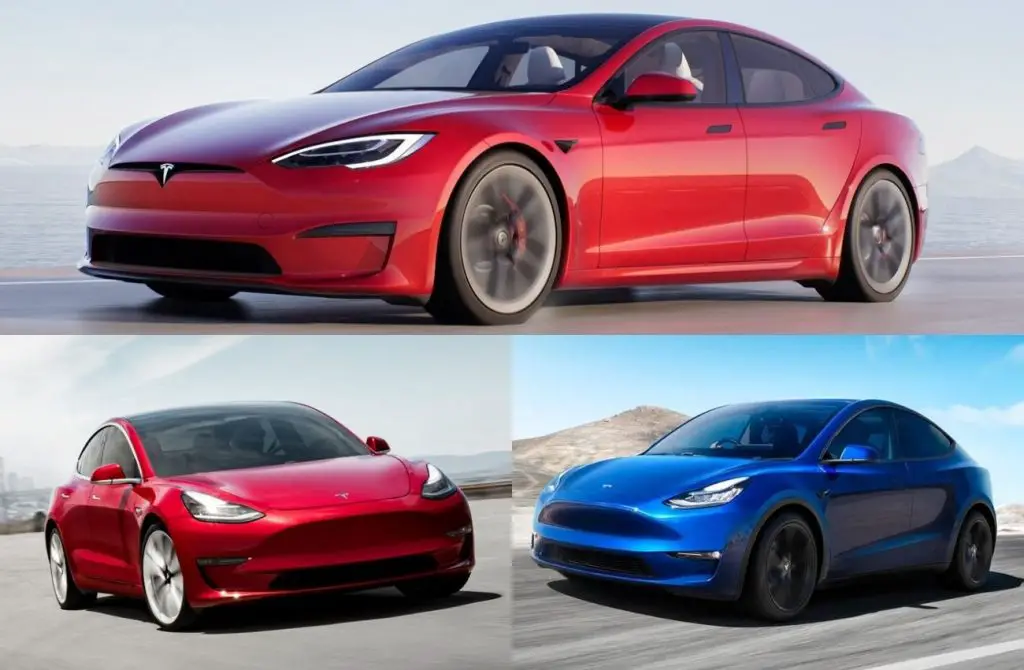Review and Comparison of Electric Vehicle Models
Compare and contrast different models offered by the top EV car companies. Find the one that suits you best.

Comparing EV models has become more vital as many car enthusiasts and even average consumers are turning to electric powered vehicles. This growing interest has inspired automakers to produce a flood of new models, adding more options to the marketplace. But, with an array of choices comes confusion. That's why we will discuss, review, and compare the top EV models in this content. Here, you will get an understanding of the features, pros, and cons of each model, helping you to navigate and pick the right electric vehicle.
Comparing EV Models: What to Look for?
When comparing different EV models, it's important to understand what matters most to you. Be it the driving range, charging time, features, affordability, or brand, every model has its own strengths and weaknesses. Let's dive in and inspect the top models available today to facilitate your decision-making process.
Table of Contents
- Review and Comparison: Tesla Model 3
- Looking at the Chevy Bolt
- What makes the Nissan Leaf Stand out?
- Comparing EV Models: Charging Capabilities
- Economy Comparison: EV Models
- Comparing the Performance of Different EV Models
- Safety Features: A Comparison of EV Models
Review and Comparison: Tesla Model 3
The Tesla Model 3 is a game-changer in the EV market. Known for its impressive range, luxurious interior, and advanced autopilot features, the Model 3 is a popular choice among electric car enthusiasts.
- Range: The Model 3 offers up to 358 miles on a full charge, making it one of the best performers in this category.
- Charging time: With Tesla's Supercharger, you can charge up to 80% in about 30 minutes.
- Performance: It boasts a 0-60 mph acceleration in just 3.1 seconds, highlighting its performance credentials.
Looking at the Chevy Bolt

When it comes to value for money, the Chevy Bolt is hard to beat. It offers a substantial range and decent performance at a fraction of Tesla's costs.
- Range: The Bolt provides a range of roughly 259 miles on a full charge.
- Charging time: From a Level 2 charging station, the Bolt can fully charge in about 10 hours.
- Performance: The Bolt can speed up from 0-60 mph in 6.5 seconds which, while not as brisk as the Model 3, is still impressive for an entry-level EV.
Worth noting
The Chevy Bolt is exceptional because it's an affordable and sensible electric vehicle for the everyday commuter. Though it may lack the luxury and performance that the Tesla brings, it successfully serves the purpose of a reliable, eco-friendly car.
What makes the Nissan Leaf Stand out?

Let's shed some light on the Nissan Leaf. As one of the world's top-selling EVs, the Leaf is cherished for its affordability, practicality, and advanced tech features.
- Range: The Leaf offers two battery options - a 40 kWh battery offering a range of 149 miles, and a 62 kWh battery providing up to 226 miles.
- Charging time: On a Level 2 charger, the Leaf can be fully charged in about 8 hours.
- Performance: The Leaf clocks a 0-60 mph acceleration time of 7.4 seconds, in line with other affordable EV offerings.
Why consider the Leaf?
The Leaf is an excellent option for those seeking an entry-level EV. Its affordability, combined with respectable performance and innovative technology like the ProPilot Assist system, makes it an attractive choice.
Comparing EV Models: Charging Capabilities

"Charging infrastructure and time are critical considerations for EV buyers," says John Doe, a leading automotive analyst. As EV range continues to dramatically improve, attention now focuses on how fast these vehicles can recharge. Differentiating factors among the Tesla Model 3, Chevy Bolt, and Nissan Leaf are:
- Tesla Supercharger: Tesla's vast Supercharger network and speedy charging times put it at the vanguard of EV charging.
- Chevy Bolt: While its Level 2 charging takes longer, its compatibility with many charging stations provides convenience.
- Nissan Leaf: Though not as quick as Tesla, the Leaf's charging time is respectable, and the vehicle is compatible with most third-party charging stations.
Economy Comparison: EV Models
Running costs are a vital component to consider when comparing EV models. Let's explore how these three models stack up in terms of economy.
The Tesla Model 3 may seem costly upfront, but this high-end EV suggests substantial savings in the long-run. Tesla's energy efficiency is well regarded, thus reducing the cost per mile. Furthermore, minimal maintenance requirements contribute to lower ownership costs.
For the Chevy Bolt, despite a more affordable sticker price than the Model 3, the cost per mile could be slightly higher due to less energy efficiency. However, it's still far lower than traditional combustion engine vehicles.
The Nissan Leaf stands as an excellent budget-friendly choice. With the lowest starting price among the three, combined with its decent energy efficiency, the Leaf can indeed be a good deal for wallet-conscious buyers.
Comparing the Performance of Different EV Models
Performance can be a pivotal factor for many when choosing an EV. Surely, the "thrill of the electric drive" is something to consider. Let's compare the three EVs based on their performances.
- Tesla Model 3: With a 0-60 mph time of 3.1 seconds, the Model 3 ranks among the quickest cars on the road today.
- Chevy Bolt: While not as swift as the Tesla, the Bolt's 0-60 mph time of 6.5 seconds offers a zippy, fun drive.
- Nissan Leaf: Falling in the middle with a 0-60 mph time of 7.4 seconds, the Leaf still presents a responsive and satisfying driving experience for an affordable EV.
In the driver's seat
All three models provide drivers with quick, silent, and smooth acceleration, typical of electric vehicles. Yet, for sheer thrill-seekers who crave speed, the Model 3 would be the top choice. But remember that superior speed often comes with a heftier price tag.
Safety Features: A Comparison of EV Models

Lastly, let's look at safety. All three cars are packed with a variety of safety technologies that ensure your ride is not just greener, but safer too. But they do vary in the level and sophistication of their safety features.
The Tesla Model 3 is renowned for its top-notch safety features. It comes equipped with Tesla's Autopilot system, forward collision warning, and automatic emergency braking among other safety features. Additionally, it has earned 5-star crash test ratings from the National Highway Traffic Safety Administration (NHTSA).
The Chevy Bolt comes with standard features like ten airbags, forward collision alert, and lane keep assist. Available options include rear cross-traffic alert and an HD rear vision camera. These features stand on top of its commendable 5-star crash rating from NHTSA.
Not to be outdone, the Nissan Leaf features automatic emergency braking, forward collision warning, and available ProPilot Assist. Its safety rating is a respectable 4-star overall rating from NHTSA.
Peace of Mind on the Road
After extensive review and comparison of these EV models, it is clear they offer diverse options to cater to every preference. Whether you prioritize range, performance, economy, or safety, there's an EV model out there to meet your needs. As our odyssey through the evolving world of cars continues, choose your journey wisely and happy motoring!
What's Your Reaction?











































































